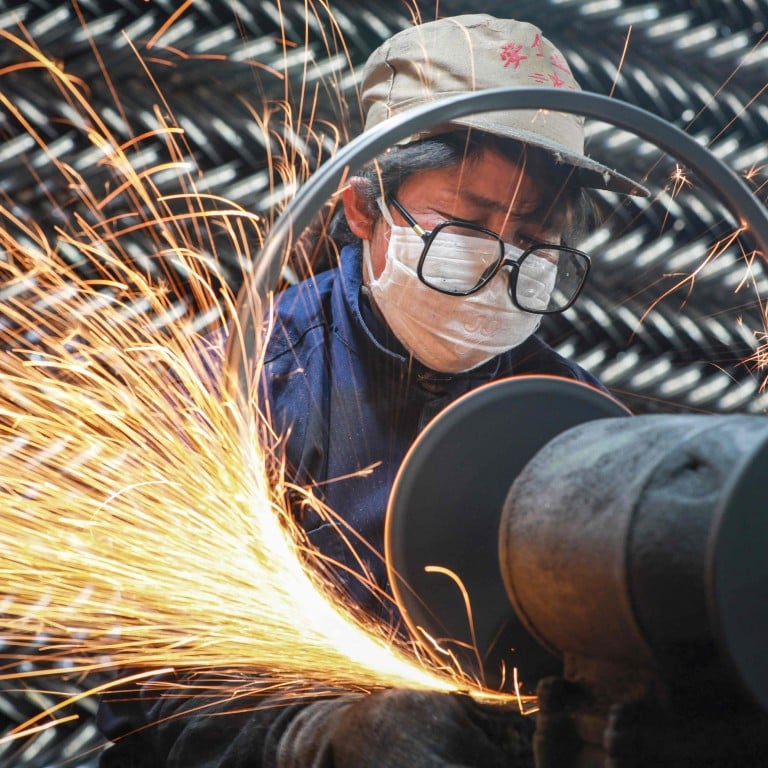
US trade office and Joe Biden target China’s steel, maritime and logistics sectors in latest trade war battles
- US President Joe Biden calls for tripling tariffs on Chinese steel and aluminium, White House announces ahead of campaign stop in Pittsburgh
- Meanwhile, US Trade Representative office launches investigation into alleged unfair practices in maritime, logistics and shipbuilding industries
US-China all-out trade war unlikely but soft-power gap will persist: Joseph Nye
“The allegations reflect what we have already seen across other sectors, where [China] utilises a wide range of non-market policies and practices to undermine fair competition and dominate the market, both in China and globally,” US trade representative Katherine Tai was quoted as saying.
“I pledge to undertake a full and thorough investigation into the unions’ concerns.”
A Section 301 investigation examines whether a foreign government’s acts, policies, or practices are unreasonable or discriminatory, and whether they burden or restrict US commerce.
If the investigation determines foreign practices have unfairly affected US commerce, the USTR may take “appropriate and feasible action” to remedy the unfair practices, including imposing duties and other import restrictions such as fees.
The USTR was seeking public comments and would hold a public hearing in connection with the investigation, the statement said.
The USTR added that it had requested consultations with the Chinese government about the investigation.
US review of US$300 billion worth of Chinese imports almost done: trade envoy
The 137-page petition, along with hundreds of supporting documents, was presented to the USTR office on March 12.
The petition lists the Chinese government’s actions, including providing loans from state-owned banks, equity infusions and tax preferences as well as provisioning steel at below-market prices and issuing loans to support the construction of thousands of vessels in China for export.
It highlights some “unfair” practices by Beijing, including ordering Chinese companies to buy and use Chinese-built products, directing mergers, and blocking alliances with foreign companies.
The coalition of labour unions includes the United Steel, Paper and Forestry, Rubber, Manufacturing, Energy, Allied Industrial and Service Workers International Union; the International Association of Machinists and Aerospace Workers; the International Brotherhood of Boilermakers, Iron Ship Builders, Blacksmiths, Forgers and Helpers; the International Brotherhood of Electrical Workers; and the Maritime Trades Department.
The petition was also endorsed by two US senators, Democrats Tammy Baldwin of Wisconsin and Bob Casey of Pennsylvania.
During his administration from 2017 to 2021, former US president Donald Trump launched various Section 301 investigations into Chinese imports and imposed punitive tariffs, which triggered retaliation by China and began a trade war that continues today.

